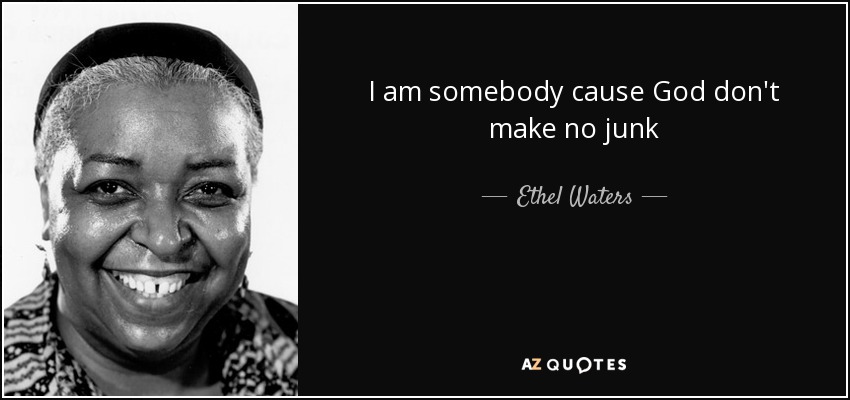This weekend, the Catholic Church remembers the Baptism of the Lord. Believers differ as to whether as a youth Jesus already understood his identity as the God-Man who was both fully divine and fully human. Regardless, something dramatically changed for Jesus at this moment. There are two dynamics in this event that I think help us make better sense of Jesus’ vocation and ours as well.
First, Jesus gains a sudden and powerful understanding of who he is—the Beloved Son of God—that sets him apart from all the rest of God’s children. Jesus finds he is special. The same insight is possible for us to an extent. As we hear God’s voice in our hearts calling us beloved, each of us finds our own unique and special place in the sight of God, the lover of humanity. The fact that God’s heart has room for all of us by no means diminishes the space occupied by me, you, or any one of us in particular.
The second dynamic requires some inference. Jesus proceeds from his baptism to begin his compassionate ministry of healing, teaching and preaching. He is delayed only by a period of preparation in the desert through which he learns to withstand the temptations that he will need to resist throughout the rest of his life, both in spite of and because of his giftedness. Why does baptism marks the beginning of Jesus’ public ministry? Precisely because in turning inward to hear the Father’s voice, he is led outward in fulfillment of the Father’s will. Jesus discovers his identity as Beloved and can no longer contain the power of his own love—his vocation leads him outward to share it.
God the Father may have had a plan for Jesus from the beginning, but Jesus in his humanity needed to accept and embrace this plan. In a similar way, we can look at our own respective vocations as being where our will comes into union with God’s plan. Like Jesus, once we find God inside our heart, we will recognize that we can only find our heart outside in the world. The Christian faith teaches that the ultimate spiritual reality is Communion: not a unity only of God-and-me but rather a unity of God-and-we. Whether we respond primarily through seeking out people to serve, welcoming them with gracious hospitality as they come to us, or by holding them in heartfelt prayer depends on our own particular vocation, whether this be as a vowed religious, layperson, or priest.
When I was first getting to know the Marist Brothers, then vocation director Bro. Mike Sheerin sent me a copy of Water from the Rock, a document on Marist spirituality. I felt the words of this book enter into my heart and also found that they were somehow already there. This was not the origin of my Marist vocation, nor my first realization of it, but it did begin to fire my imagination with regards to how that vocation might shape me and how it might send me onward. Inwardness sparking outwardness.
Called and sent. Jesus was not just called, he was called God’s Beloved. Recognizing and believing that, he discovered his deepest identity and saw where that was sending him, even if only one step at a time. Discovering who I am has led me to make a life commitment as a Marist Brother. My experience of this form of Marist life has helped me to know that my deepest identity too is as God’s beloved. If you are reading this blog, you may already know that God loves you deeply and uniquely. Like me, you may have already started to believe it. What a difference when knowledge become belief! Lord, I do believe, but still help my unbelief! Beloved of God, where and how is the call of God’s voice in your heart trying to send you?

---------------------
This week’s “ear candy” and “brain food” both relate to meaning and purpose. As a special treat, I have provided a link to Johnny Cash’s very first performance of his anthem “Man in Black”. In answering the question of why he always wore black, Cash movingly described one aspect of what he saw as his own vocation. Some of the lyrics reflect perspective he gained from his own previous missteps. As a side-note, I can still remember where I was when I heard Johnny Cash had died. The op-ed piece by David Brooks uses biting satire to emphasize that to find true meaning we must look beyond ourselves and stand for something positive rather than simply against all that is negative.
Ear Candy: “Man in Black” by Johnny Cash
Brain Food: “The Morality of Selfism” by David Brooks
Come back next Saturday for a new post!